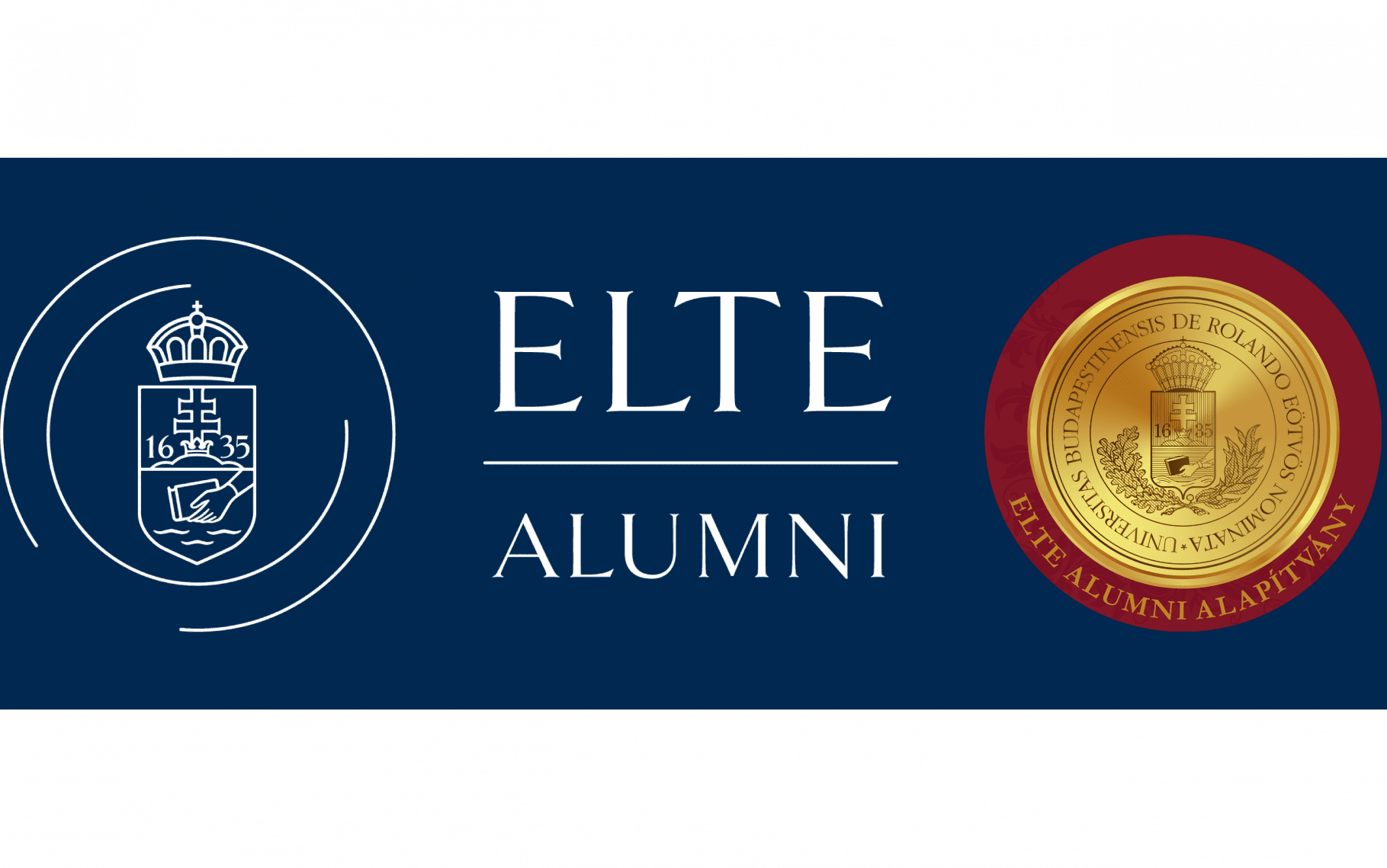This year’s assembly – after introducing the new full-members, University of Porto and University of Barcelona -, included important strategic discussions about the future of the EUF’s digitalization activities, like Erasmus Without Paper, Online Learning Agreement and the Erasmus+ App. The possible establishment of the Observatory of the European Universities was also discussed. As Imre Hamar added, it would be able to channel the ideas of European Universities and help to reflect on the future of Higher Education.
The issue of the refugees in Higher Education was also a crucial point of the debate. Frederik Smets, UNHCR Communications and Advocacy Officer referred to statistics showing that only 1% of the world’s refugees have access to Higher Education, and the situation should be changed by removing administrative barriers, working on the recognition of diplomas, leading refugee students to already existing programmes and providing more funding for psychosocial support and accommodation.
Based on the topics discussed on the meeting, 2019 will be full of exciting innovations and important challenges in connection with improving the accessibility of European Higher Education internationally. The next Council of Rectors meeting in 2020 will take place at the University of Warsaw, in Poland.
The main focus of the European University Foundation is accelerating the modernization of the European Higher Education Area keeping in mind five pillars, which are quality mobility, employability, policy innovation, digital higher education and active citizenship. As a network of 20 European universities – since February 2019 also including ELTE -, the foundation aims to modernize European Higher Education in order to make it more competitive in the area. |


Image gallery5
Comments0
Please log in to see or add a comment
Suggested Articles







